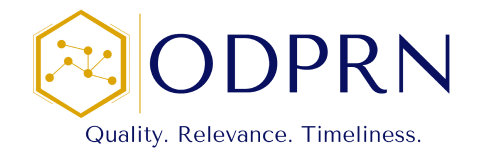The ODPRN rapidly conducts large, population-based studies in Ontario and across Canada through its Rapid Response program. The purpose of the ODPRN’s rapid response research is to provide high quality research results in a quick timeframe to attend to priority policy-related research questions. Rapid response research is conducted in three major steps:
Clarification and refinement of question
Decision makers submit research requests, consisting of one or a series of questions relating to a particular policy under consideration. The ODPRN’s Rapid Response Unit collaborates with decision makers to refine objectives and confirms data availability to meet outlined objectives.
Streamlined data collection and analysis
Rapid analyses are conducted using readily available data from linked administrative databases. Templates of analytic plans are used to speed up the research process for frequently conducted study designs. As well, dedicated analysts who are familiar with standard approaches utilized in responding to policymaker requests enable rapid analyses. The typical turn-around time for analysis is 5 – 10 days.
Effective communication of research findings
Results are reported confidentially to decision makers, and are later formatted and submitted to journals as academic publications.
Alternatively, policy-relevant research questions are posed by investigators in the Stakeholder Advisory Panel. Results of completed projects that may be of interest to decision makers are disseminated directly to these end users, while also being published as peer-reviewed academic publications.
Explore our Research section to read about our research impacts and core themes, as well as browse through our publications and reports.
